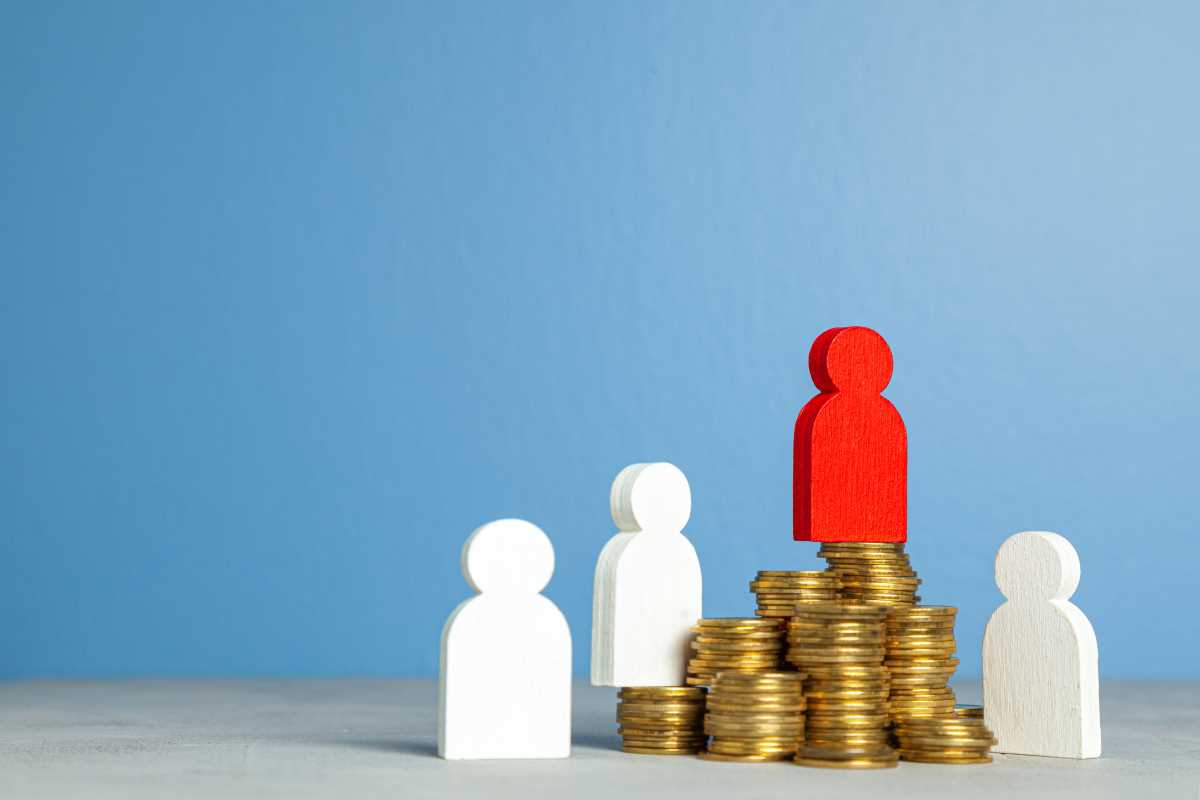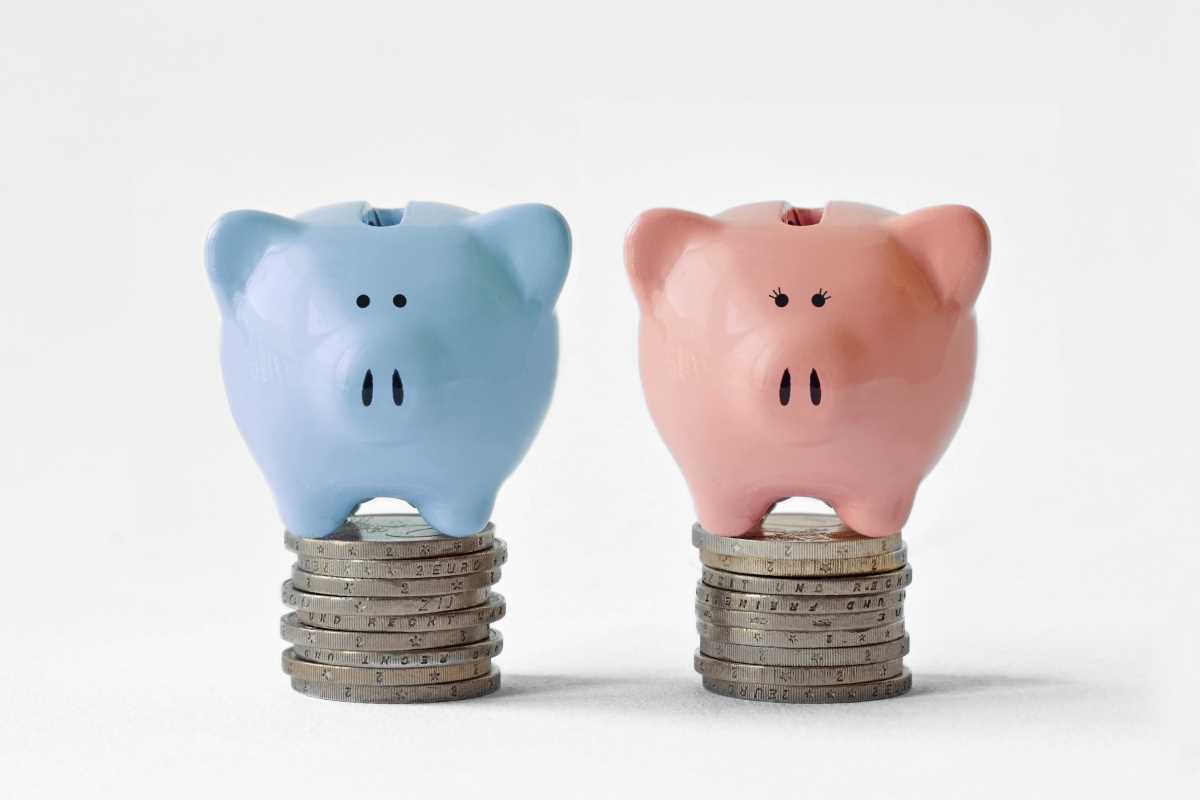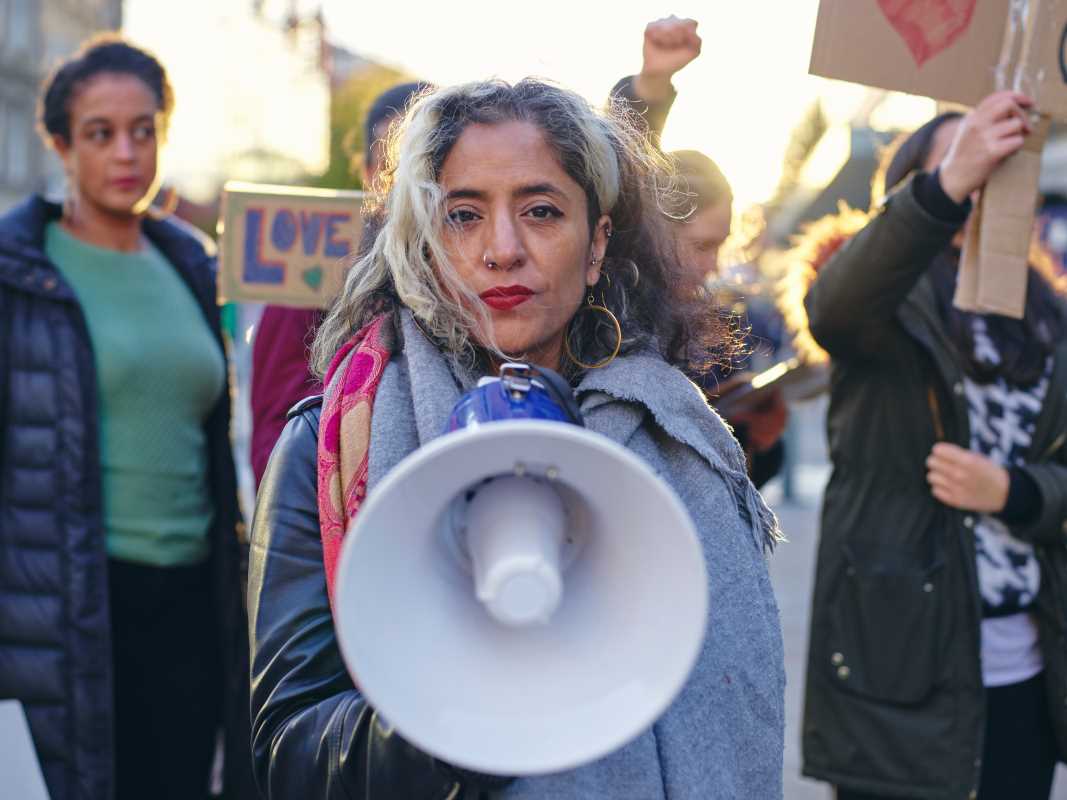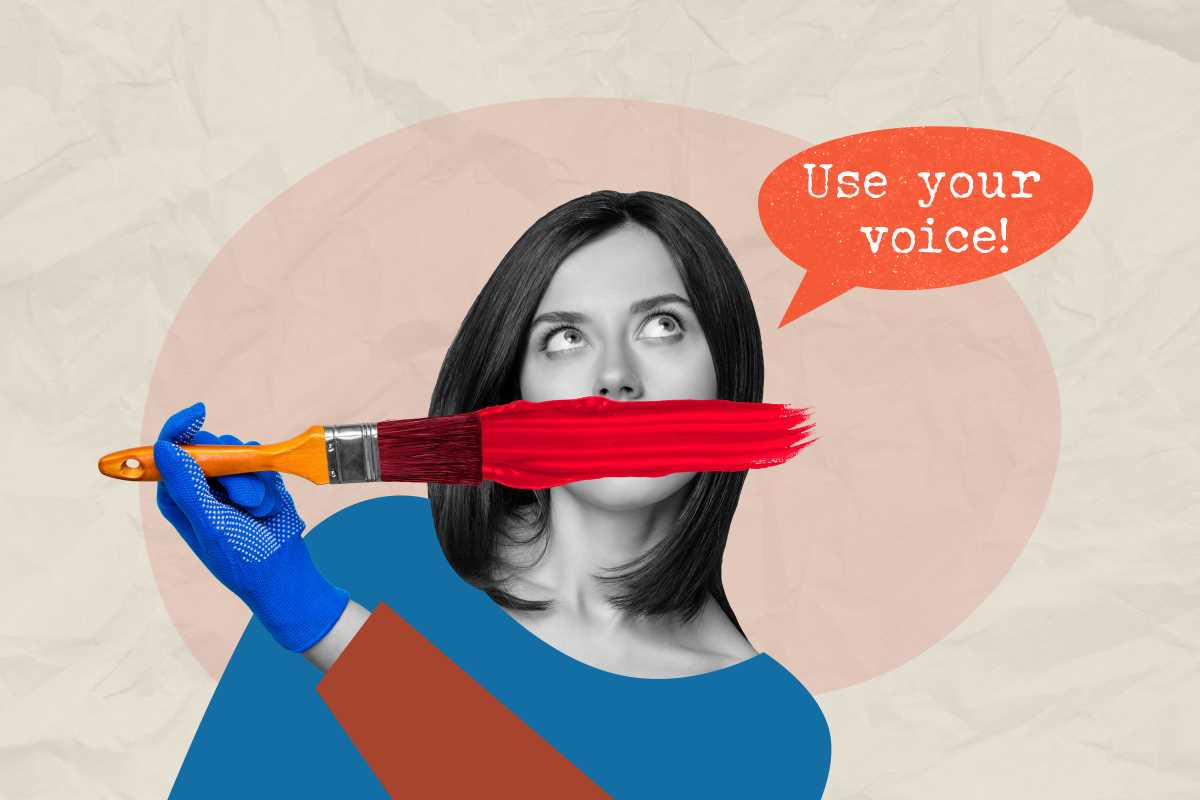Fame can feel like a superpower. Celebrities and public figures have the ability to command the attention of millions with a single tweet, Instagram post, or public appearance. More often than not, these stars are known for their work in entertainment, sports, or business. But in a world grappling with inequality, many of them are moving from the spotlight of their careers to the frontlines of social justice.
The question is, can fame truly be used responsibly in the fight against inequality? From raising awareness to mobilizing resources, there’s no doubt that celebrities have tools at their disposal that few others do. But with great power comes great responsibility, and not all attempts to help inequality have the impact they’re meant to. Today, we’re looking at what it means to wield fame for good, how it can be done responsibly, and where the challenges lie.
How Fame Amplifies the Fight for Equality
Fame is, first and foremost, a megaphone. It’s one of the most effective ways to get a message in front of millions. Whether through social media, interviews, or massive fanbases, those in the public eye have the power to bring attention to issues that desperately need it.
1. Spreading Awareness
Think of fame as a bright spotlight that can shine on anything a celebrity chooses. For example, think back to when Colin Kaepernick kneeled during the national anthem in NFL games. His simple act of protest against police brutality and racial inequality sparked a nationwide conversation. Similarly, stars like Emma Watson have used their fame to advocate for gender equality globally, leveraging their platforms to boost campaigns like HeForShe, which invites men to join the fight for women's rights.
When a famous person calls out an issue like income inequality, systemic racism, or access to education, it forces people to pay attention. Issues that were once ignored by mainstream media suddenly become major topics of discussion.
2. Mobilizing Resources
Fame isn’t just about being seen; it’s also about having access to money and influence. What some celebrities can accomplish in terms of fundraising is astounding. For instance, when singer Beyoncé partnered with organizations like UNICEF for clean water initiatives in developing countries, her name alone brought both financial support and major attention to the cause. Crowdfunding campaigns started or backed by celebrities often see massive jumps in donations compared to those led by everyday people.
Famous individuals also have the ear of powerful leaders. They can lobby for policy changes, participate in panels with lawmakers, and push for systemic reforms in ways that the average protestor might not have access to.
3. Humanizing Complex Issues
Celebrities can simplify complicated topics and make them relatable to their audience. For example, when actor Ashton Kutcher spoke before Congress on the dangers of human trafficking, it got a lot of people talking about an issue they might have otherwise overlooked. Fame allows public figures to create emotional connections between their audience and important causes, which often leads to greater understanding and action.
The Responsibility That Comes with Fame
Of course, using fame for social justice isn’t as simple as posting an infographic online. With such visibility comes the risk of oversimplifying, mistaking performative acts for real change, or even unintentionally causing harm.
1. Understanding the Issues
If celebrities want to fight inequality responsibly, it starts with understanding the issue itself. Posting a hashtag or standing on a stage is only meaningful if it’s backed up by knowledge. Activists who dedicate their lives to these issues often criticize famous people for jumping on trends without doing their homework. Take, for example, the backlash when certain celebrities promoted the #BlackOutTuesday campaign by posting blank squares on Instagram without addressing the systemic racism that the movement was actually about.
When public figures are uninformed about the issues they’re speaking on, they run the risk of spreading misinformation or making empty gestures. It’s not enough to use a platform; it must be used wisely.
2. Authenticity Over Performance
One of the biggest challenges with fame in social justice is the rise of performative activism. Performative activism happens when someone supports a cause just to look good, rather than to make meaningful change. It’s often more about boosting personal branding than helping the cause itself.
For example, imagine a celebrity preaching about income inequality while earning millions for promoting fast fashion brands that exploit workers. These kinds of contradictions harm the movement and create skepticism about celebrity involvement in general. To be truly responsible, famous individuals need to align their actions with their words.
3. Sharing the Spotlight
Another way to ensure fame is used responsibly is by passing the mic to those with lived experience. Celebrities often have privilege and distance from the issues they advocate for. While they can help amplify the message, it’s crucial that they center the voices of those directly affected.
For instance, rather than speaking on behalf of marginalized communities, responsible celebrities will invite activists, grassroots organizers, and local leaders to the table to lead the conversation. This way, they use their platform to shine a light on the right people.
The Risks of High-Profile Activism
While fame can be a force for good, it’s worth looking at the risks that come with high-profile activism. No matter how well-intentioned, it’s easy for fame to backfire in unexpected ways.
1. Shallow or Temporary Support
Because of their busy schedules or personal branding, some celebrities may take on a cause only while it’s “trendy.” This short-term attention can be harmful because it makes the message seem fleeting instead of urgent. Movements need sustained attention to create systemic change, and celebrity support that disappears after a single campaign or news cycle can sometimes stall momentum.
2. Celebrity-Centric Focus
One problem with celebrity-driven activism is that the attention often shifts from the issue itself to the person advocating for it. For example, headlines might focus on what a famous actor wore to a climate rally rather than the actual policies being protested. When fans care more about the celebrity than the cause, the entire message can get drowned out.
3. Public Scrutiny
Lastly, putting yourself in the spotlight as an activist means opening yourself up to criticism. Celebrities, being human, don’t have spotless pasts. When they advocate for causes, their every move is scrutinized, often distracting from the important work they’re trying to highlight. Some choose to step back entirely under pressure, weakening the movement they were trying to support.
Examples of Responsible Use of Fame
Despite the challenges, there are several examples of celebrities who’ve used their fame responsibly to fight inequality.
- Rihanna is a global popstar and philanthropist. Through her Clara Lionel Foundation, she has funded education projects in impoverished countries, provided resources for disaster relief, and raised awareness about inequality.
- Malala Yousafzai, known worldwide for her advocacy of girls’ education, uses her fame to elevate young women around the globe. Malala continues speaking truth to power, urging leaders to commit to policies that bring meaningful change.
- LeBron James built his I PROMISE school in Akron, Ohio. This initiative focuses on educating underprivileged students while also providing resources for their families, showcasing how fame can tangibly impact inequality at a local level.
 (Image via
(Image via





